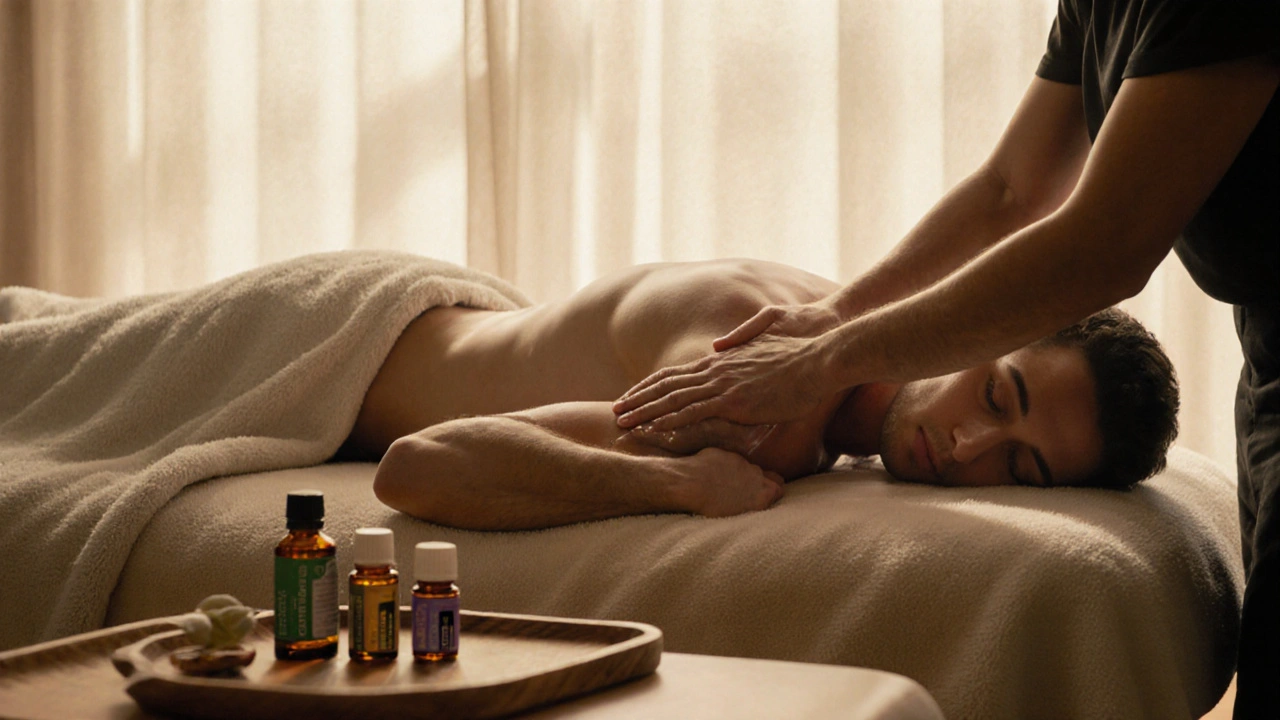When you push your body hard—whether you’re running, lifting, playing soccer, or just keeping up with a busy life—sports massage, a targeted form of deep tissue work designed for active people to improve performance and speed up recovery. Also known as athletic massage, it’s not just about feeling good after a workout—it’s about keeping your muscles working like they should. Unlike a relaxing spa massage, sports massage uses firm pressure, stretching, and specific techniques to break down knots, reduce inflammation, and get blood flowing where it’s needed most.
This kind of therapy isn’t just for pro athletes. Anyone who moves a lot—weekend warriors, gym regulars, even people who stand all day—can benefit. It works because it targets muscle recovery, the body’s natural process of repairing tissue after physical stress, and helps prevent tightness from turning into injury. It also connects directly to massage therapy, a broad category of hands-on treatments used to relieve pain and improve movement, but with a clear focus on performance and function. In London, where life moves fast and bodies get pushed to the limit, finding a licensed sports massage therapist, a trained professional certified to handle athletic injuries and recovery needs makes all the difference. You don’t need a medal to deserve this kind of care—you just need to care about how your body feels.
What you’ll find in these posts isn’t fluff or generic advice. It’s real talk from people who’ve been there: how to bounce back after a tough training session, why skipping recovery leads to burnout, and where to find trusted therapists across the city. You’ll see how sports massage fits into everyday life—not as a luxury, but as a smart habit. Whether you’re dealing with sore quads, stiff shoulders from desk work, or just want to move better, the guides here cut through the noise. No jargon. No hype. Just clear, practical ways to keep your body ready for what’s next.

Aromatherapy massage for athletes combines essential oils with therapeutic touch to reduce muscle soreness, lower stress, and improve sleep. Learn how this science-backed recovery tool helps runners, cyclists, and gym-goers train harder and recover faster.